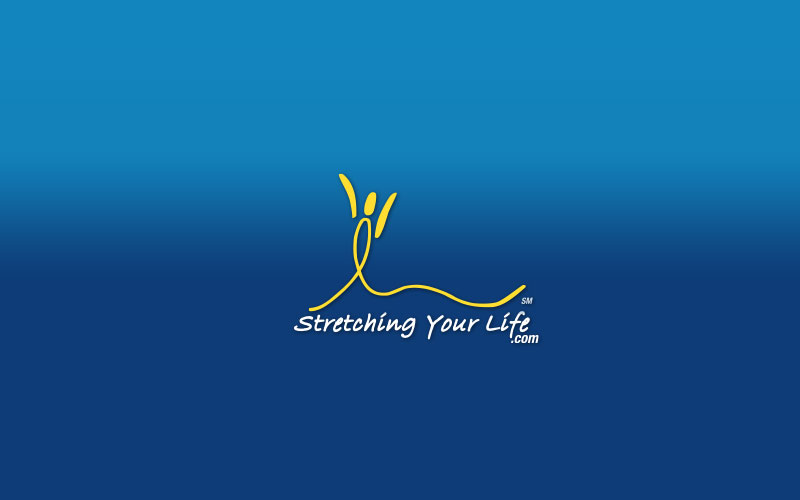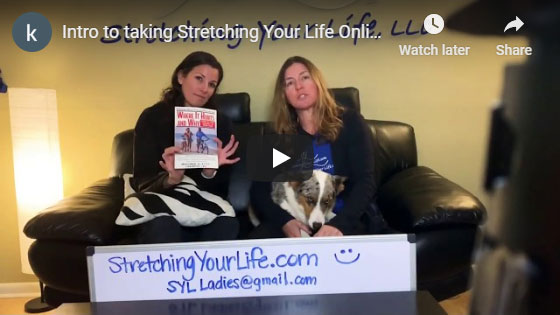Happy New Year!!
t’s almost fully through the first week of 2013. Another year, and another opportunity for those New Years Resolutions to shine…or fail. Most people, myself included, start getting into the “New Year, New Me” philosophy only to stop about a month or two into it. Many factors come into play and all of a sudden you’re too busy or you have a day or two where you went a little overboard with your new eating habits, and then the “New Year, New You” montage comes to a screeching holt. I’ve been there, done that. So what makes a fitness plan successful? How do people stick to and obtain their goals? Surely they have to just super humans or robots that just have nothing else going on, right? How could one possibly stick to something when life throws so many curves? Here are a few things to start you out and keep you going on your journey to a fitter, happier, and healthier you:
1. Find a routine that works for YOU
Thinking that one program fits all, or thinking that you have to spend hours upon hours working out to get those toned things and sculpted arms can be overwhelming. Obviously only working out twice a week isn’t going to get you the results you’re looking for, but figuring out a fitness routine that you enjoy, and one you can actually adhere to, sets you up for a higher rate of success. Someone working 40+ hours a week, with a family to also take care of is going to have a different workout regime than a student with no other obligations. Finding simple ways to fit workouts in your day doesn’t have to seem like a CIA mission. Getting creative with walks throughout the day, playing with your kids in the evenings, or even dancing around the house to your favorite tunes can get your heart pumping and your muscles working. Maybe even grab a work buddy that will help to keep you accountable for your midday walk. Three, 10-minute walks a day might be easier than one 30-minute walk, and will help you to clear your mind.
2. Balancing Act
Your body responds best to constant changes. Think of how bored you’d be doing the same monotonous routine over and over. Instead of sticking to one type of fitness routine, explore what else is out there. Speaking from experience, I typically like long distance running. My body stopped reacting to running after a while because I was calling upon the same muscles to engage each workout. Those muscles were fine tuned to do that specific activity, but the other muscles weren’t developing as much. I started mixing in strength training, yoga, and core work. My gosh what a difference! Not only did that help me to become a better runner, but it took my body to a whole new level with my fitness. I was moving better in daily tasks and I was having less injuries while running.
3. Don’t be so hard on yourself
So you had one of the brownies a coworker brought in. You skipped a workout yesterday, or both. The guilt sinks in and the self defeating feeling that you’ll never reach your goals. “I have no self control!” We seem to think that we have to be prefect in order to reach the final result. If we slip up, we are weak, so then we feel like we should just quit. Just because you had a minor, or even a major step back, doesn’t mean you can’t get right back on track and make progress. The best thing you can do is recognize that you got sidetracked from your plan and get right back on. One day of bad decisions, or even a week of not working out won’t cause you to lose all the progress you have made. Obviously the main goal is to stay on track, but don’t let a slip up here and there make you give up. Taking little steps, like doing a set of squats, crunches/sit ups, or even a brisk walk can help get you back on track and feeling better.
4. Take it up a notch
Adding in extra steps throughout your day can make a big difference, and it doesn’t take too much more effort to do so. Instead of cruising the parking lot for that prime front space, park in a spot furthest away. Take the stairs whenever possible. Making these simple changes throughout your day can help reduce risk of heart disease and stroke. It can also help you lose weight with a balanced diet. If you’re already walking, maybe pick up the pace a little more, or get in some intervals. Try to get in a hour per day instead of 30-minutes. Another idea is to get a pedometer and track how many steps you took that day. Keep a log and try to beat your daily or even weekly amounts. Some companies actually have office challenges going on. If yours doesn’t, see if your office would be interested in starting one.




